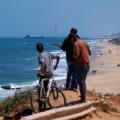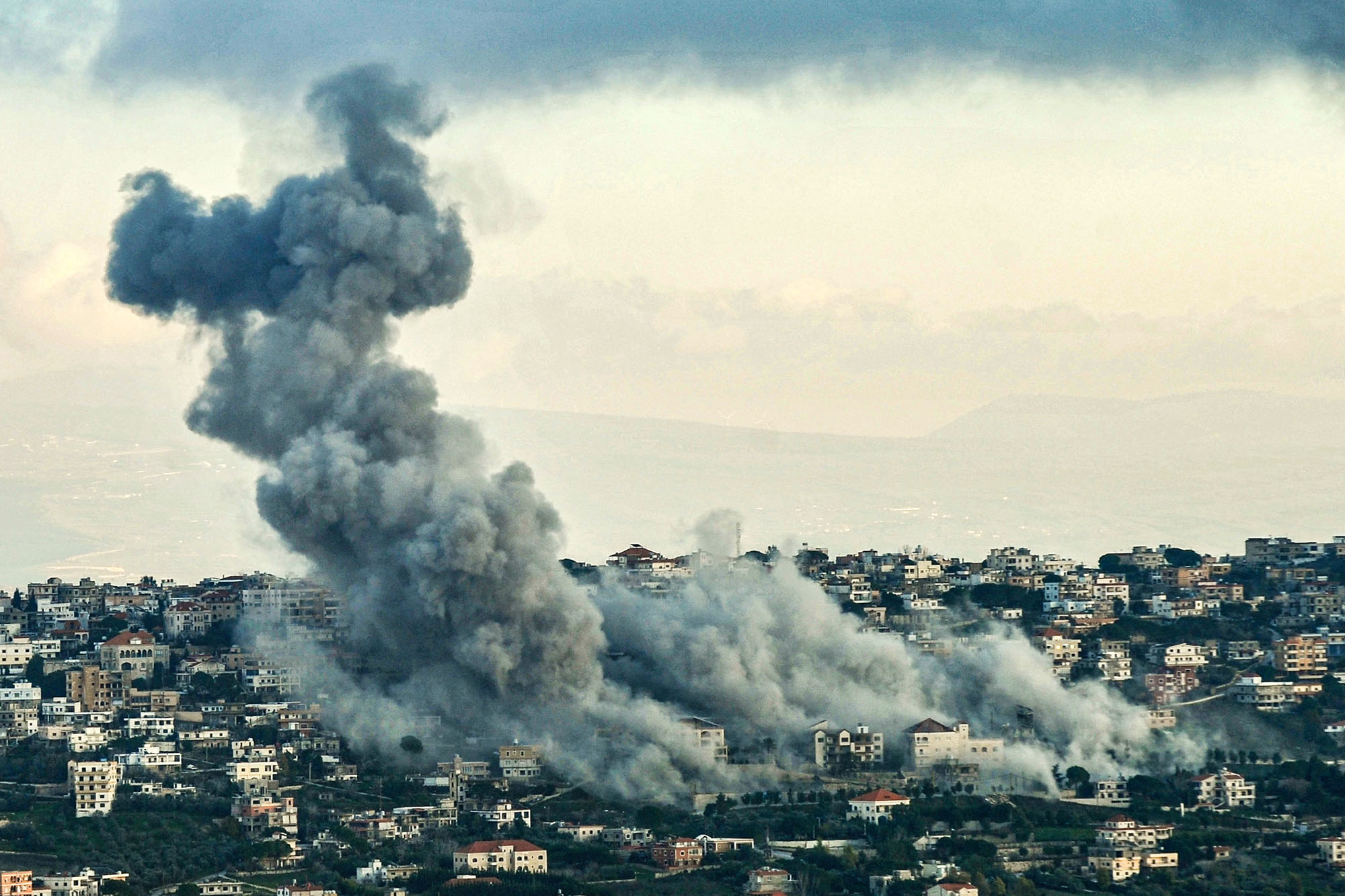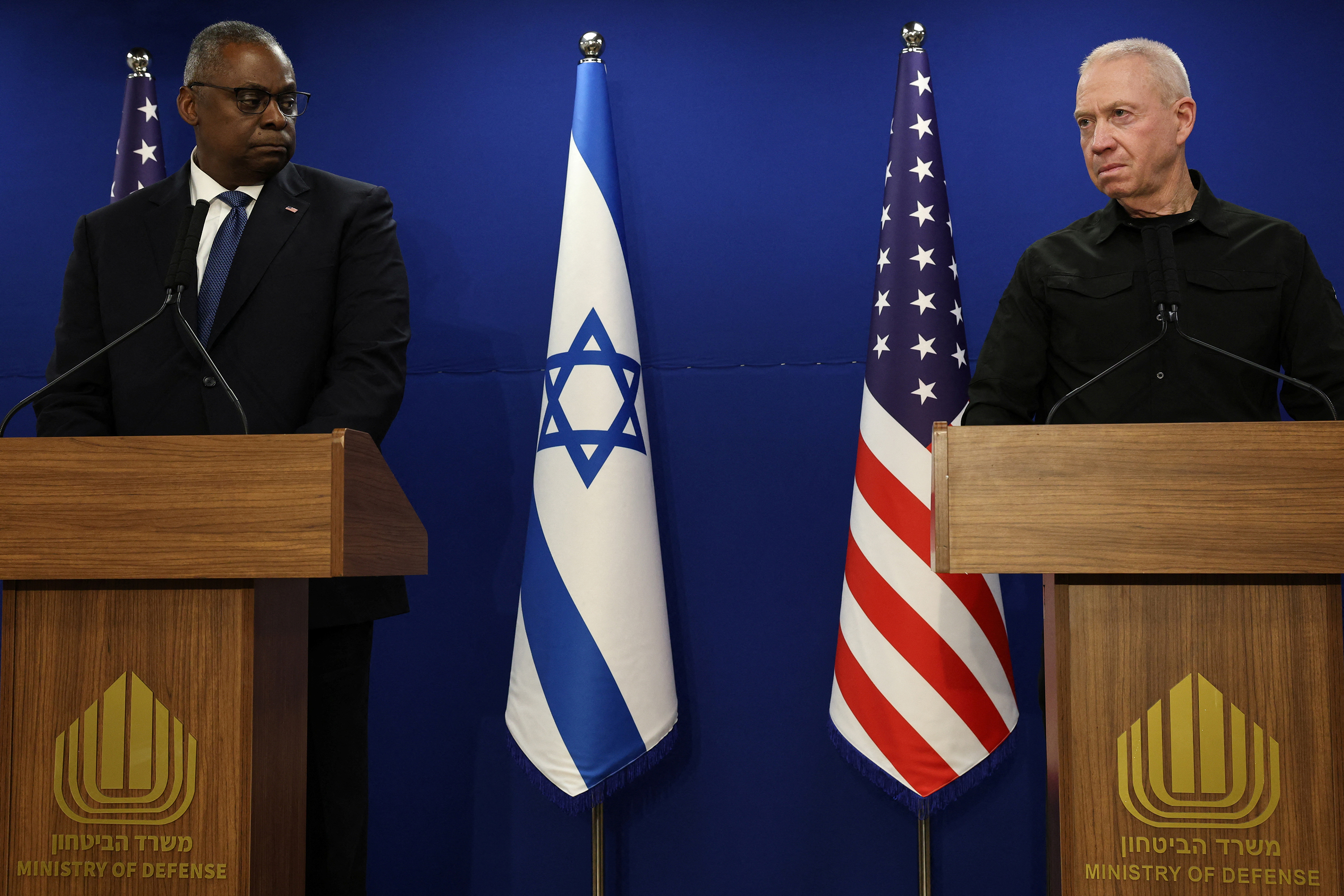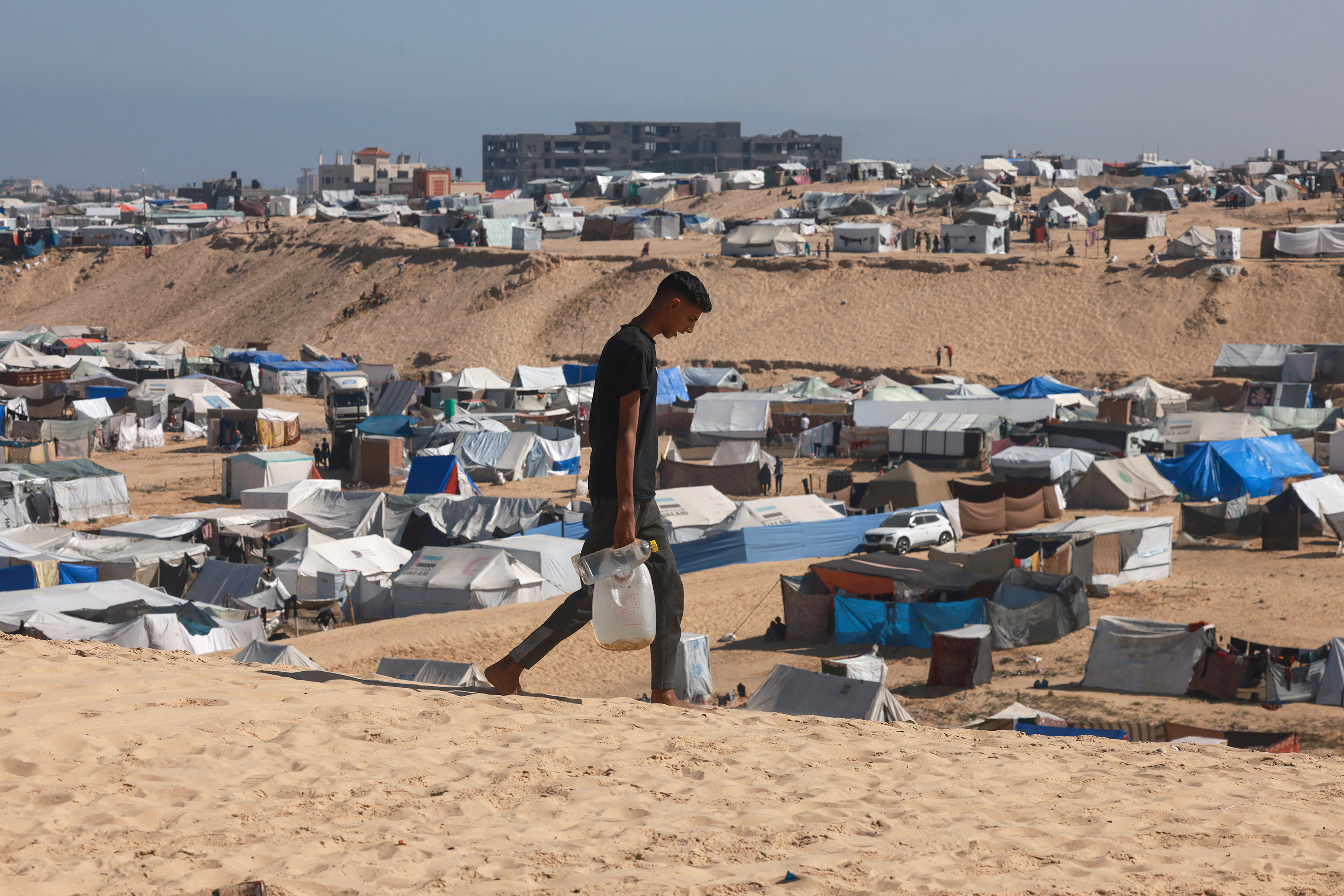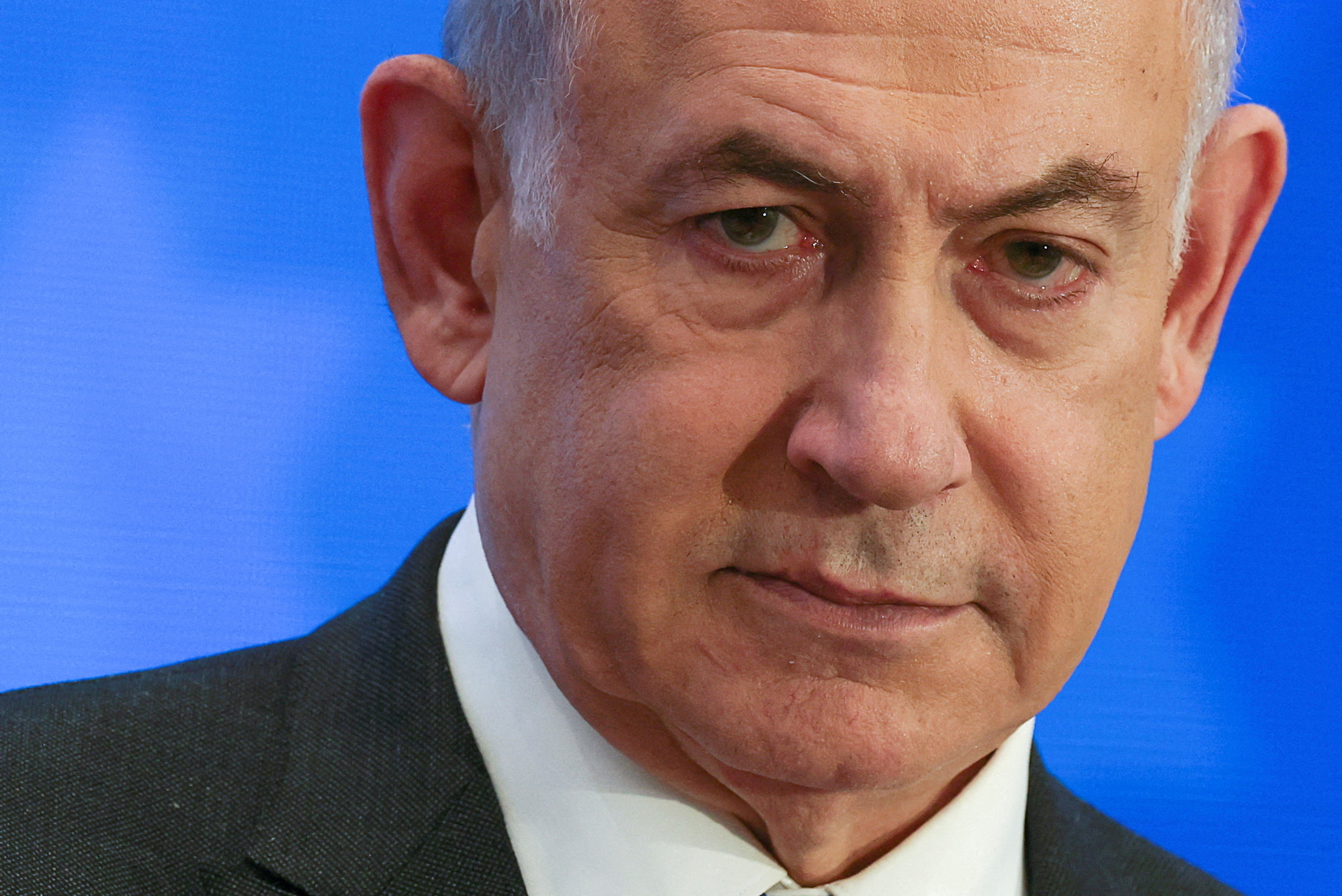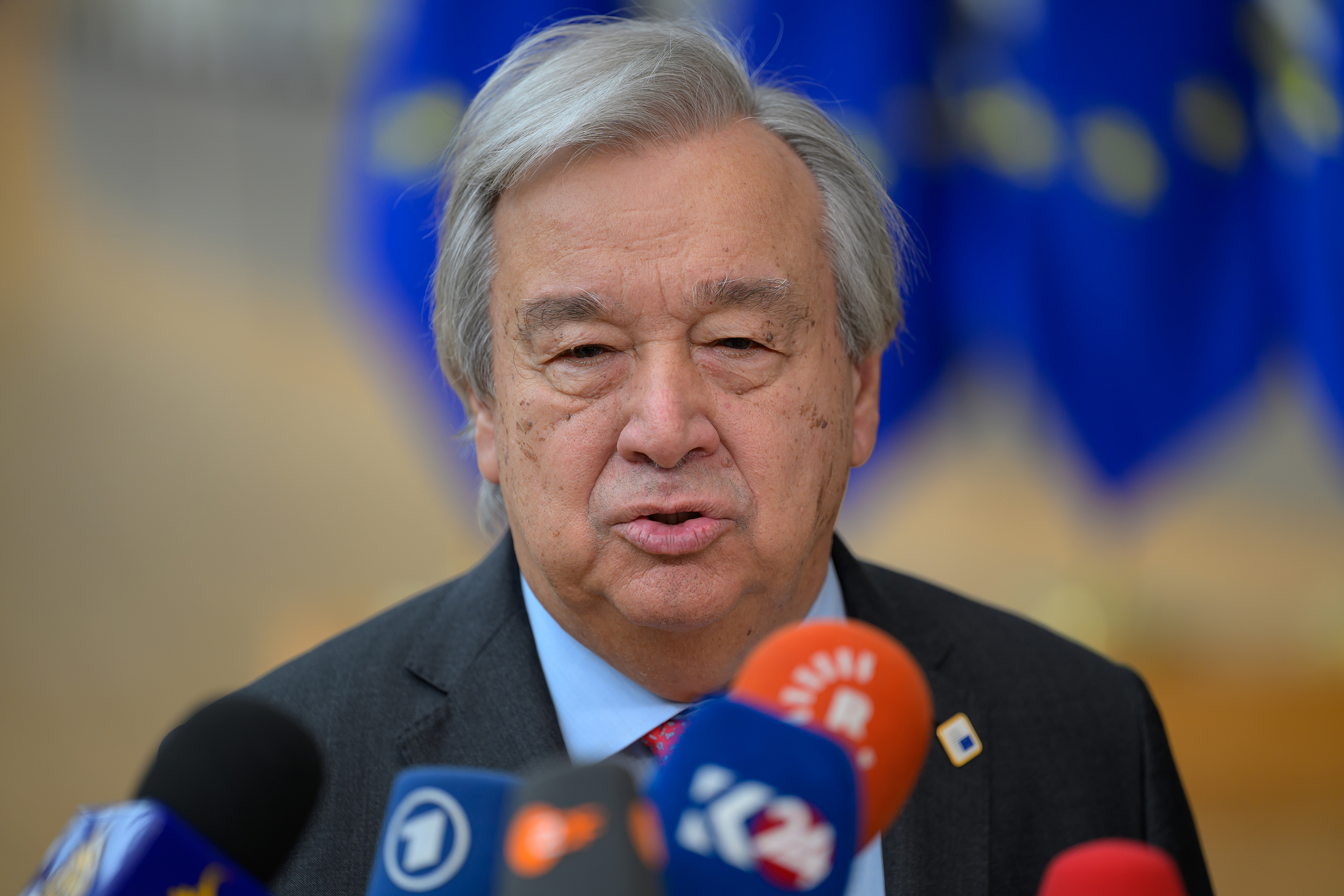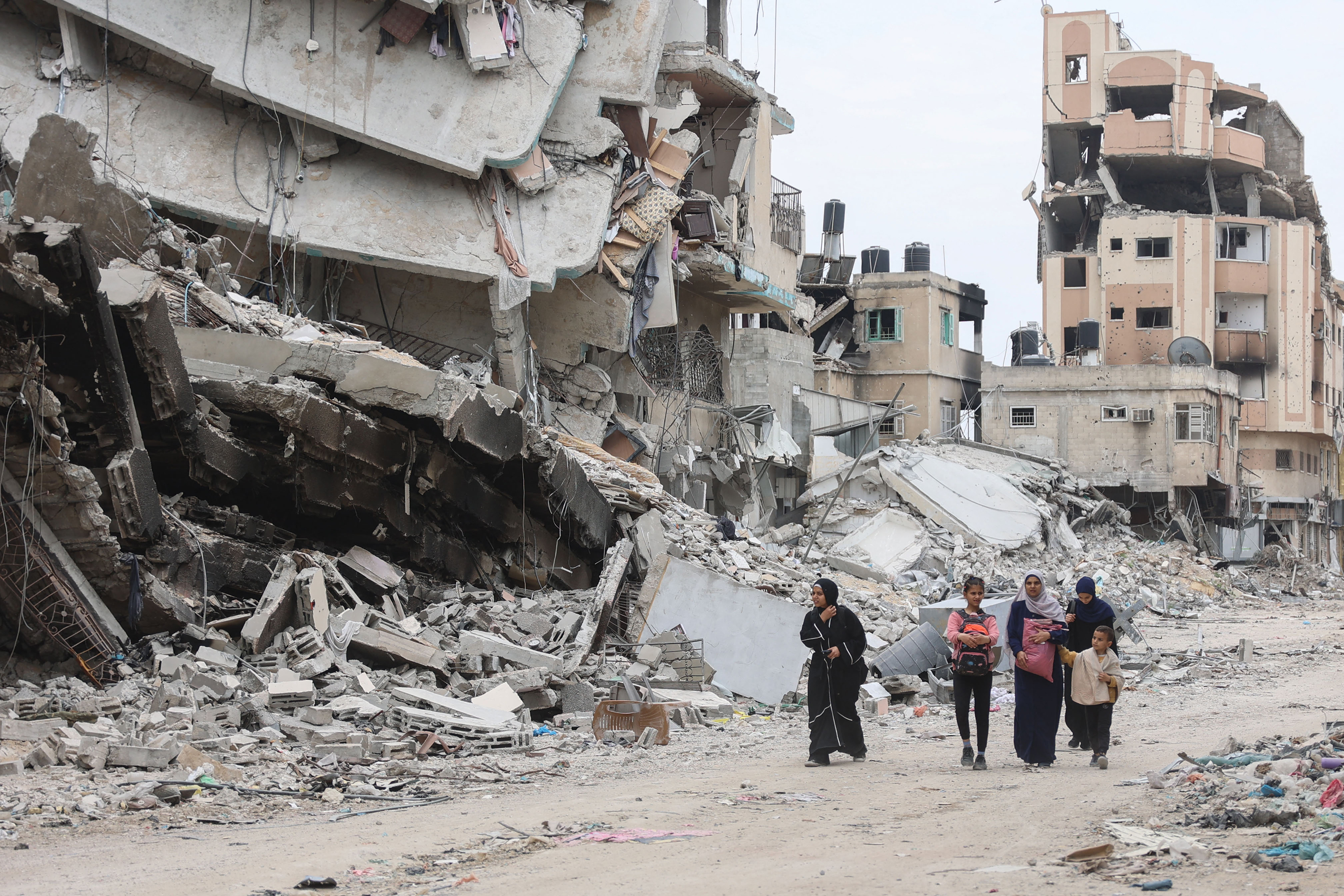Gaza's Civil Defense organization says that nearly 400 bodies have been recovered from around Al-Shifa hospital, following the withdrawal of Israeli forces from the area last week.
Civil Defense spokesperson Mahmoud Basal told CNN Tuesday: “We have recovered 381 bodies from Al Shifa and the surrounding area since the withdrawal of the Israeli military.”
Basal said that the total did not include people who had been buried in the grounds of the hospital.
“We are still trying to recover the buried bodies at Al Shifa; [according to] information we have there are dozens of bodies under the dirt and sand inside Al Shifa and the vicinity and we started the process yesterday.”
He added that recovery workers had also retrieved 77 bodies in Khan Younis in southern Gaza, an area that saw heavy fighting for many weeks until Israeli troops withdrew earlier this week.
